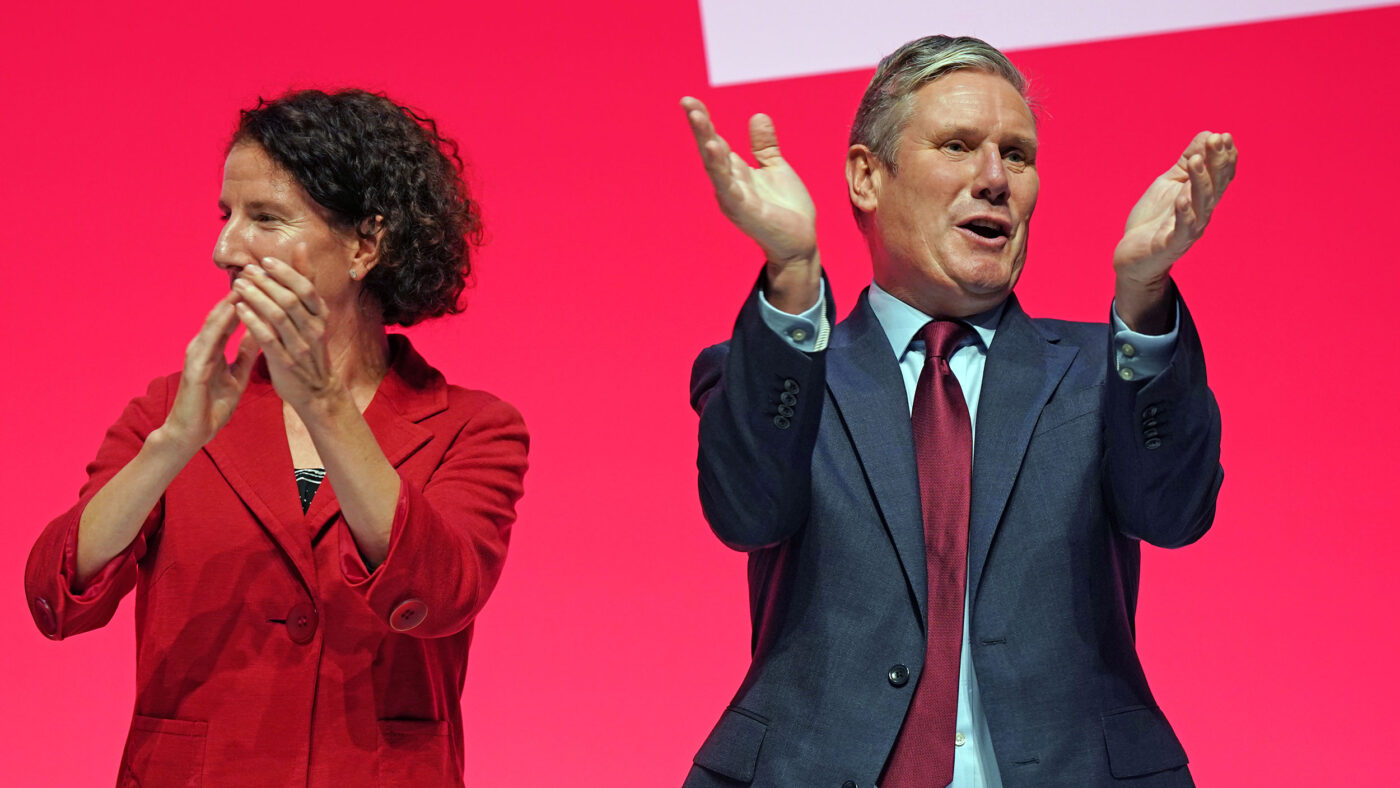What’s Labour’s grand idea if – as looks likely – they return to government? On Sunday, the shadow women and equalities minister, Anneliese Dodds, announced that ‘the next Labour government will go further to ensure no matter where you live in the UK, and whatever your background, you can thrive’. They will introduce a new Race Equality Act which will ‘extend equal pay rights’ to Black, Asian, and Minority Ethnic (BAME) people.
While this proposal may be well-intentioned, it risks compounding the hugely problematic ‘disparities = discrimination’ paradigm – the belief that ‘inequalities’ exist between ethnic groups because of systemic racism.
While Labour politicians such as Dodds continue to paint a depressing picture of ethnic-minority life in Britain, the reality is very different. It is no surprise that Britain’s Indian-origin and Chinese-heritage groups are so often overlooked in the Left’s debates on disadvantage – both are non-white groups with significantly higher levels of school attainment and median hourly pay than the white-British mainstream. Indeed, the 2021 England & Wales Census revealed the Indian ethnic group reported the highest rate of home ownership. Many hard-working, two-parent families in Britain’s more traditional ethnic-minority communities run businesses which are the lifeblood of their local communities. They don’t need a huge increase in bureaucracy surrounding protected characteristics – but they certainly deserve a bit more recognition from a party so keen to appeal to minorities.
As we have seen with mandatory gender pay gap reporting, the headline data can distort the bigger picture. While women are, on the whole, paid the same as men for the same work, pay gaps can exist for other reasons, such as hours worked, skills, and experience. A similar duty to report ethnic pay disparities has the potential for unintended consequences, such as previously all-white-British businesses suddenly falling foul of the equal pay provisions if they decide to become more racially inclusive by bringing on young non-white workers. It is important to remember that the ethnic-minority population is notably younger than the white-British mainstream (especially mixed-race people).
Britain is one of the world’s leading democracies when it comes to providing rights, protections, and freedoms for its racial, ethnic, and religious minorities. It is, however, an international hotspot for family instability and multi-generational disconnection (with worrying levels of loneliness among both the elderly and the young). It is also the most inter-regionally imbalanced economy in the industrialised world. Some of the most materially deprived, socially atomised, and culturally marginalised communities in Britain have very few non-white people in them – many left-behind coastal towns, hollowed-out post-industrial areas, and disconnected rural communities, fit this description. Not only will the proposed Race Equality Act achieve little to nothing in terms of addressing these problems, there is the risk it will be weaponised by radical-progressive activists.
And that’s before you get to the fact that it is already illegal to discriminate against people on the grounds of race, ethnicity, and religious belief under the Equality Act 2010. On top of this, The Public Sector Equality Duty (PSED) – which covers local councils, schools, police forces and NHS trusts – requires such institutions to eliminate discrimination, harassment, and victimisation, advance equality of opportunity, and foster good relations between people. This raises the question of why a new Race Equality Act is needed in modern Britain is and why it is such a priority for a future Labour government.
What the country really needs is a mature social-democratic party which has an ambitious agenda for spreading wealth and opportunity across the regions and places families at the heart of key government decisions – from employment to housing to education. Most of all, it must embrace the fact that it is family structure and cultural values – not race – which drive social and economic outcomes in modern Britain.
Britain is arguably the finest example of a multi-racial democracy in the advanced world. We must insulate ourselves from toxic American identity politics – Labour’s policy will do the opposite.
Click here to subscribe to our daily briefing – the best pieces from CapX and across the web.
CapX depends on the generosity of its readers. If you value what we do, please consider making a donation.


